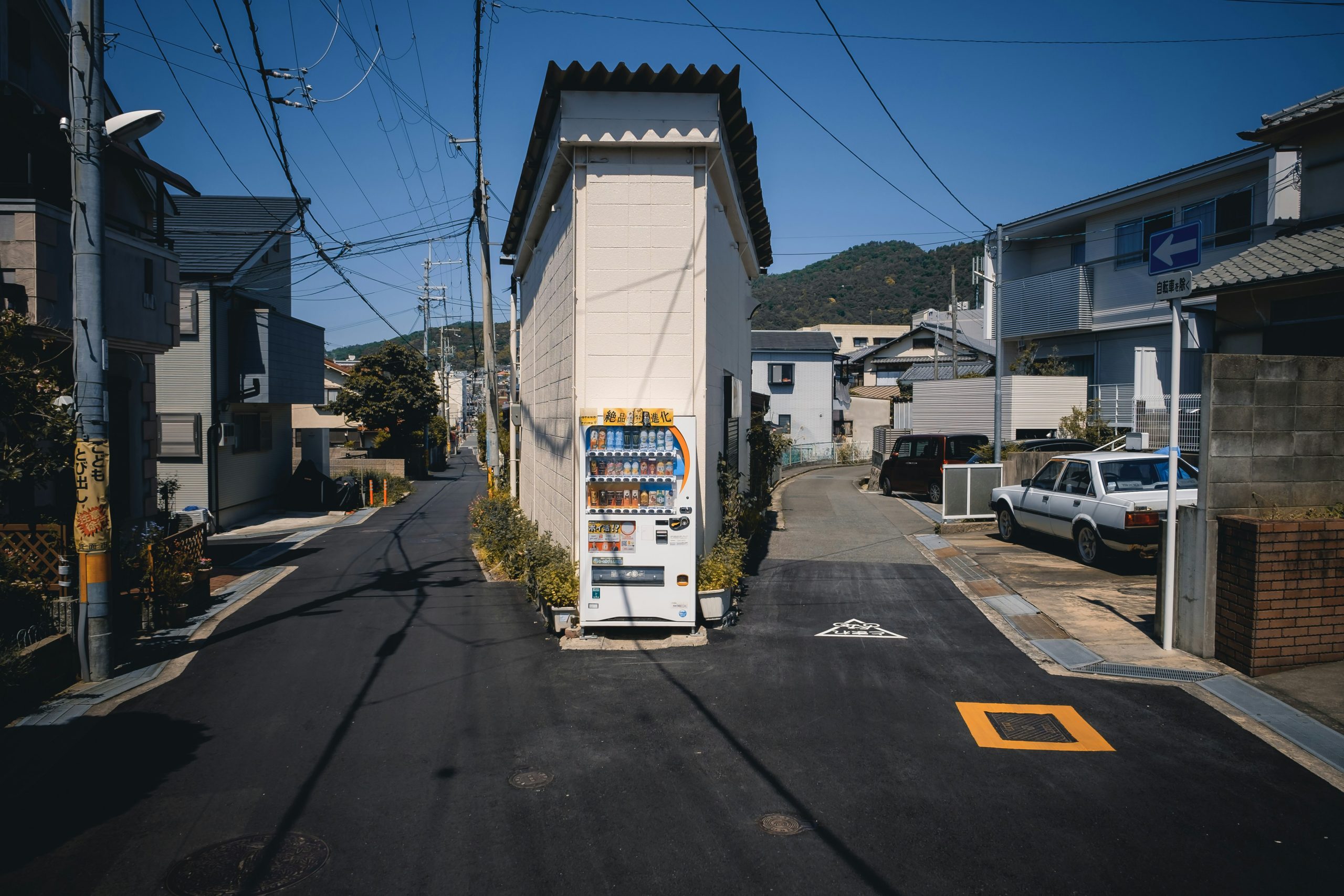The Netflix drama “Tokyo Swindlers” has been a hot topic among real estate buffs and non-real estate fans alike. It is based on the 2017 case in which Sekisui House was defrauded out of billions of yen by a group of fraudsters in a fictitious land transaction.
Naturally, this incident caused a big stir in the real estate industry at the time. As mentioned in the news, the Gotanda property where the story took place is a “famous property” in the industry, with sales information flying around from various routes. In the condominium developer industry, people were saying things like “Can they really buy it?” and “Isn’t that dangerous?.” It was later reported as a fraud case, and a book was made about it, and with the Netflix adaptation, even more people have learned about it.
The “land fraudsters” are one thing, but the actual incident gives the strong impression that rather than a professional being tricked by a clever method set up by a group of fraudsters, the professional was tricked very easily, even though there were many scenes where he could have noticed.
Why was the professional fooled? There are two interesting points about the process that led to him being tricked.
The first is that he accepted the seller’s unreasonable demands.
Although the buyer could have refused or asked for explanations until he was satisfied, such as moving the contract schedule up, trading without a title deed, and changing the name of the transaction company, he accepted the demands. He must have been unreasonable, thinking that if he did not accept the demands, the property would be taken to another developer.
Why would he make such demands? It seems that the buyer avoided getting to the truth and instead imagined and accepted “the seller’s demands and claims were valid.”
Second, they did not accept advice from both inside and outside the company.
The manager in charge, the real owner, fellow buyers, etc. warned the buyer at various times that the transaction was suspicious, but the buyer was foolish to cancel the transaction and did not reconsider. He took the advice as an obstacle or nuisance to prevent the deal from being concluded, and did not take it seriously or “face it,” and did not listen to it.
He came up with the “right reason” to convince himself of the seller’s suspicious acts, and did not listen to the advice, judging it to be an obstacle or nuisance. Even professionals can be deceived if they are blinded by greed and are determined to conclude the deal.
What I learned from this case is that we should value any strange feelings that we have during the transaction. This is not limited to huge land transactions.
When something seems strange, I hope you will thoroughly interpret it as “I guess it’s because of this” and do not proceed. Even when purchasing a home, do not dismiss it as “well, it’s okay” or “it’s probably because of this,” but find the answer by researching it yourself or asking the sales person in charge or another professional.
It’s not that “even professionals get fooled, so ordinary people can’t prevent this.” It’s that “even professionals get fooled if they rush to get results.”
If you repeatedly notice a small incongruity, thinking “it’s probably okay,” you’re sure to suffer the same consequences.

For additional information or any questions please contact us here
Email: info@remax-apex.com

